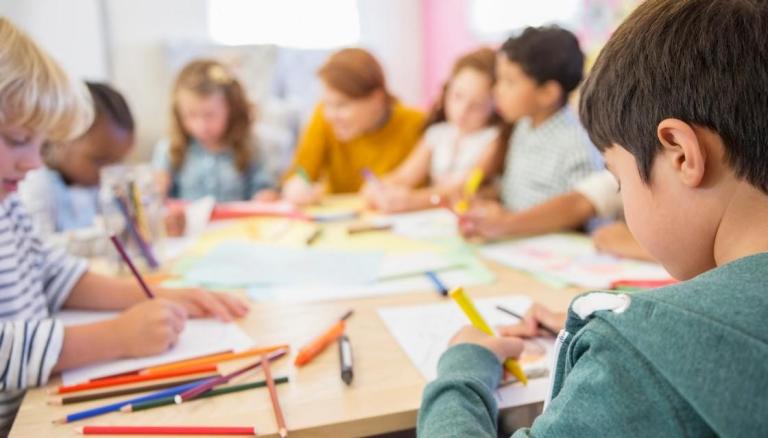There is a range of strategies to help autistic children to develop their social skills. These strategies can also help teenagers to be on their own by learning social skills for everyday situations. If any of the general symptoms of autism are present in your child, then should consult a psychologist as soon as possible. Compass clinical services have licensed and experienced clinical psychologists to address your problems.
Social skills Strategies are:
Social skills training or strategies like role plays, video modeling, social stories, etc… can help autistic children to develop social skills.
• Role-play – You and your child could role-play the skills you need when you’re in a shop, like saying hello, asking for what you want, and saying thank you. And use this method in all situations, where your child finds it difficult to perform.
• Social stories- Social stories explain social situations to autistic children and help them learn socially appropriate behavior and responses. Social stories will also help to think from someone else’s point of view. For example, you could create a story about how your child might feel when they can’t do something which they like doing, or how a friend might feel in the same situation.
• Video modeling – You can buy ready-made videos to help your child learn social skills.
• Self-management techniques– If your autistic child learns how to manage their own behavior or what they need to do instead of relying on other people to prompt them, this can help your child develop social skills. Your child could record their to-do list or things to be remembered using tick sheets, stickers, or a wrist counter.
• Social groups – join social recreational groups to meet other autistic children, share experiences and make friends. These groups can be a great way for autistic teenagers to practice social skills & develop their understanding of social rules.
• Visual supports- Pictures or prompt cards remind your autistic child what to do in different situations. For example, you could pass a ‘My turn’ card back and forth to practice taking turns in a conversation. Or your child could keep a flash card that tells, you how to start and end a conversation.

Discipline strategies
Discipline strategies like praise, rules, and consequences can help autistic children and teenagers learn behavior basics. Social and everyday skills can help autistic children and teenagers avoid inappropriate behavior in unfamiliar or difficult situations.
• Praise and rewards for appropriate behavior- When your child gets praise for behaving well, your child is likely to want to keep behaving well. Descriptive praise is best for encouraging good behavior – for example, ‘Thank you for staying calm when you didn’t win the game ’.
• Clear rules about behavior- rules are positive statements that let children know how they’re expected to behave and what your family limits are.
• Positive consequences for appropriate behavior- for example, your child gets more time at the park if they get ready to leave the house
• Negative consequences for inappropriate behavior- for example, the toy is put away for 10 minutes if your child is throwing it.
If you are trying to help your autistic child or someone else you know with autism, then follow the above-said methods to improve their social skills. And for professional help contact compass psychology clinical services.
